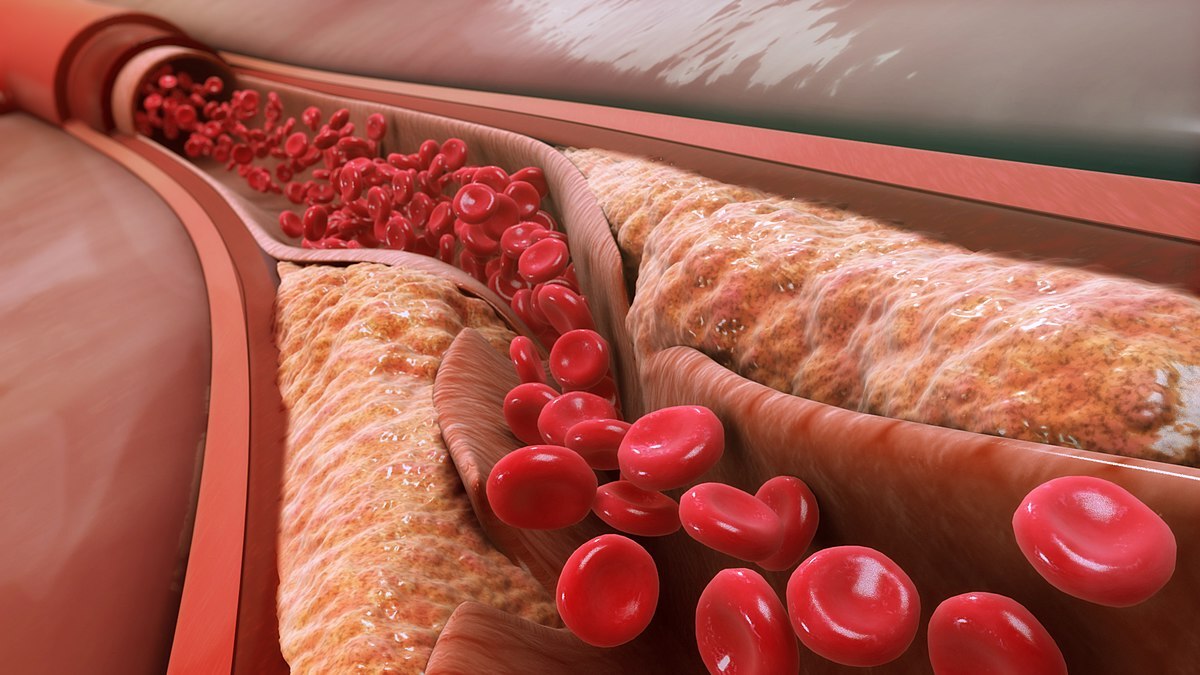
Low Density Lipoprotein (LDL), often called "bad cholesterol," plays a crucial role in your body's health. But what exactly is LDL, and why does it matter? LDL carries cholesterol to your arteries, which can lead to plaque buildup and heart disease. Understanding LDL levels can help you make better lifestyle choices. Did you know that not all cholesterol is harmful? Your body needs some cholesterol to build cells and produce hormones. However, too much LDL can be dangerous. Curious about how to manage your LDL levels? From diet to exercise, small changes can make a big difference. Let's dive into 20 essential facts about Low Density Lipoprotein to help you stay informed and healthy.
Key Takeaways:
- LDL, or "bad cholesterol," can lead to heart disease and stroke if levels are too high. Factors like diet, genetics, and exercise influence LDL levels, so managing them is crucial for good health.
- Lifestyle choices, such as smoking and stress, can impact LDL levels. Regular testing and monitoring are essential for early detection and management of high cholesterol.
What is Low Density Lipoprotein (LDL)?
Low Density Lipoprotein, commonly known as LDL, is often referred to as "bad cholesterol." It plays a crucial role in transporting cholesterol to various parts of the body. However, too much LDL can lead to health issues. Let's dive into some interesting facts about LDL.
-
LDL stands for Low Density Lipoprotein. It is one of the five major groups of lipoproteins that transport all fat molecules around the body.
-
LDL is often called "bad cholesterol." High levels of LDL can lead to plaque buildup in arteries, increasing the risk of heart disease and stroke.
-
LDL particles vary in size. Smaller, denser LDL particles are more likely to cause atherosclerosis compared to larger, less dense particles.
How LDL Affects Health
Understanding how LDL impacts health can help in managing cholesterol levels effectively. Here are some key points to consider.
-
High LDL levels can lead to atherosclerosis. This condition involves the hardening and narrowing of arteries due to plaque buildup.
-
LDL contributes to heart disease. Elevated LDL levels are a significant risk factor for developing coronary artery disease.
-
LDL can cause strokes. Plaque buildup from high LDL levels can block blood flow to the brain, leading to a stroke.
Factors Influencing LDL Levels
Several factors can influence LDL levels in the body. Knowing these can help in managing and reducing LDL effectively.
-
Diet affects LDL levels. Consuming foods high in saturated fats and trans fats can increase LDL levels.
-
Genetics play a role. Some people inherit genes that cause them to have high LDL levels, a condition known as familial hypercholesterolemia.
-
Physical activity impacts LDL. Regular exercise can help lower LDL levels and raise high-density lipoprotein (HDL) levels, which is considered "good cholesterol."
Managing LDL Levels
Managing LDL levels is crucial for maintaining good health. Here are some strategies to keep LDL in check.
-
Medications can lower LDL. Statins are commonly prescribed to reduce LDL levels in the blood.
-
Dietary changes help. Eating more fruits, vegetables, and whole grains can lower LDL levels.
-
Weight management is key. Losing weight can help reduce LDL levels and improve overall heart health.
LDL and Lifestyle Choices
Lifestyle choices significantly impact LDL levels. Making healthier choices can lead to better cholesterol management.
-
Smoking increases LDL. Smoking can raise LDL levels and lower HDL levels, worsening cholesterol balance.
-
Alcohol consumption affects LDL. Moderate alcohol intake might raise HDL levels, but excessive drinking can increase LDL levels.
-
Stress influences LDL. Chronic stress can lead to higher LDL levels and other heart disease risk factors.
LDL Testing and Monitoring
Regular testing and monitoring of LDL levels are essential for early detection and management of high cholesterol.
-
LDL levels are measured through a blood test. A lipid panel test can determine LDL, HDL, and total cholesterol levels.
-
Fasting before a test might be required. Some doctors recommend fasting for 9-12 hours before a lipid panel to get accurate LDL measurements.
-
LDL levels are categorized. LDL levels are classified as optimal, near optimal, borderline high, high, or very high based on the milligrams per deciliter (mg/dL) of blood.
Interesting Facts About LDL
Here are some additional intriguing facts about LDL that you might not know.
-
LDL has a role in the immune system. LDL particles can bind to and neutralize bacterial toxins, providing a defense mechanism.
-
LDL levels can fluctuate. Factors like diet, exercise, and stress can cause daily variations in LDL levels.
Final Thoughts on LDL
Understanding Low Density Lipoprotein (LDL) is crucial for maintaining heart health. Known as "bad cholesterol," LDL can lead to plaque buildup in arteries, increasing the risk of heart disease and stroke. Keeping LDL levels in check involves a balanced diet, regular exercise, and sometimes medication. Foods high in saturated fats and trans fats can raise LDL levels, while fiber-rich foods, healthy fats, and regular physical activity can help lower them. Regular check-ups with a healthcare provider are essential for monitoring cholesterol levels. Simple lifestyle changes can make a significant difference in managing LDL. Remember, knowledge is power. By staying informed about LDL and taking proactive steps, you can protect your heart and overall well-being. Stay heart-smart!
Frequently Asked Questions
Was this page helpful?
Our commitment to delivering trustworthy and engaging content is at the heart of what we do. Each fact on our site is contributed by real users like you, bringing a wealth of diverse insights and information. To ensure the highest standards of accuracy and reliability, our dedicated editors meticulously review each submission. This process guarantees that the facts we share are not only fascinating but also credible. Trust in our commitment to quality and authenticity as you explore and learn with us.
